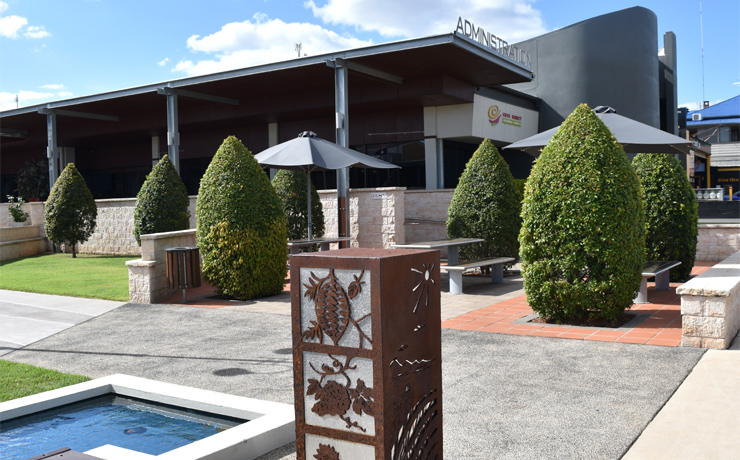
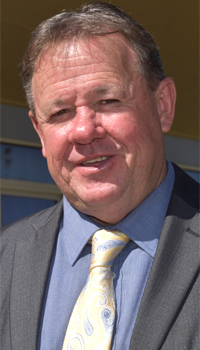
February 27, 2023
After taking no wage rise at all last year, the majority of South Burnett councillors have agreed to accept a 4 per cent wage rise for the 2023-24 financial year.
The change means Mayor Brett Otto’s salary will increase to $138,532; Deputy Mayor Gavin Jones to $86,577; and other Councillors to $73,589, plus superannuation.
The decision on whether to accept the wage rise or not was debated at the Council’s February General Meeting meeting last Wednesday.
Councillors were advised that Queensland’s independent Local Government Remuneration Commission had recommended a pay rise for all of Queensland’s 14 Category 3 councils.
Councillors had the option of either rejecting the pay rise outright, accepting a lesser amount or accepting the recommendation in full.
Had Councillors accepted the recommended payrise last year, the Mayor’s salary would now be $141,294; Deputy Mayor $88,308 and Councillors $75,061.
Cr Jane Erkens moved the motion that Council accept a 4 per cent rise, noting the amount of work the job entailed meant the real rate most Councillors received was about $20 per hour.
Cr Kirstie Schumacher agreed, saying she thought it was unfair the Commission left it up to Councils to make a choice about the matter, but added that the increase was relatively minor and she was happy to discuss it with anyone in the community who objected.
She said she was lucky her husband earned a good wage because once she deducted the cost of attending community events and travel costs from her salary, there was little left over for the family budget.
She also noted the amount suggested was the same as the wage increase Council recently offered its staff.
However, Cr Kathy Duff disagreed, saying she had never voted for a pay rise during her entire local government career and never would.
Cr Duff said all councillors were involved in local government because they wanted to assist their communities so she thought any rise was inappropriate, given that the region was a low socio-economic area.
Cr Danita Potter said she felt insulted by Cr Duff’s statement. Cr Potter said she put more than 70 hours a week into her job and was happy to do so because she loved her community.
However, her rate for doing this was barely $20 an hour and she would be unable to do the job if her husband was unemployed because her family still had all the normal expenses any family had.
Cr Gavin Jones said no Councillor was doing the job for the money. But after tax was taken out, most Councillors received around $46,000 or $47,000 a year before expenses. Cr Jones said he was lucky his wife worked and he had a business under lease or it was likely he could not do the job at all.
He said he had worked out that he cost ratepayers in his Division about 40c a week, and was certain he delivered value for money as their representative.
The bigger concern, he said, was that Councillor salaries were so low and the workload so high that it was deterring good people from putting up their hand and standing for election.
Cr Scott Henschen agreed, saying many residents were under the impression Councillors received a car or a fuel allowance when the truth was that they had to run their own cars and pay for their own fuel and servicing costs as well.
Cr Brett Otto said he heard what was being said but he would not support accept any increase.
If he was out-voted he intended to donate any increase to charity.
When it was put the motion to accept the 4 per cent increase was carried 5 to 2, with Crs Duff and Otto opposed.














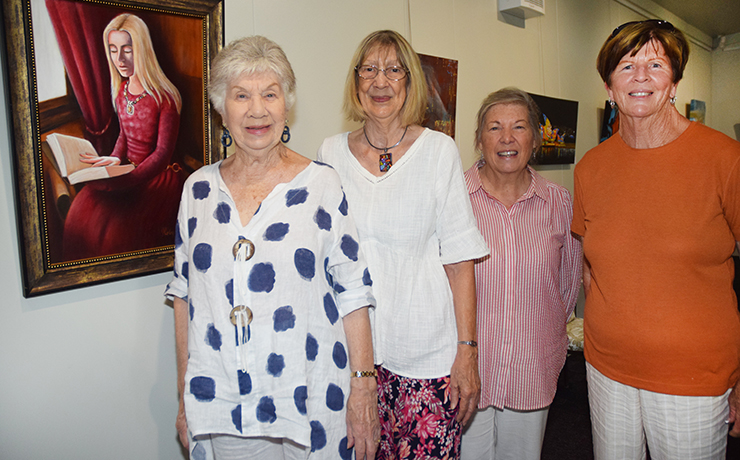
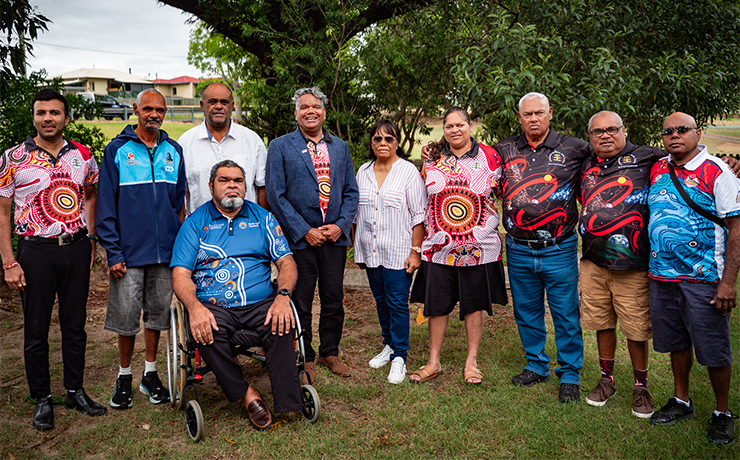
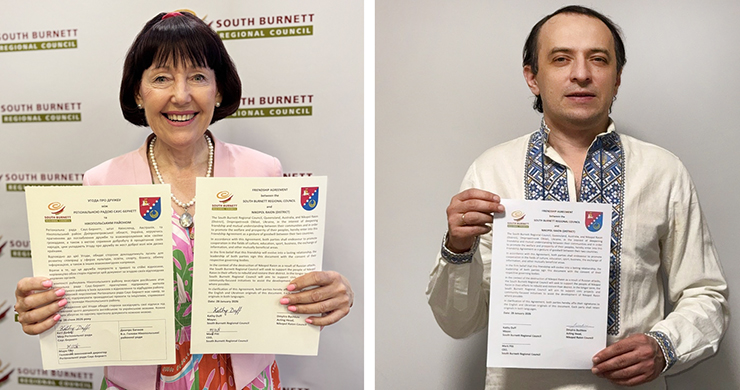
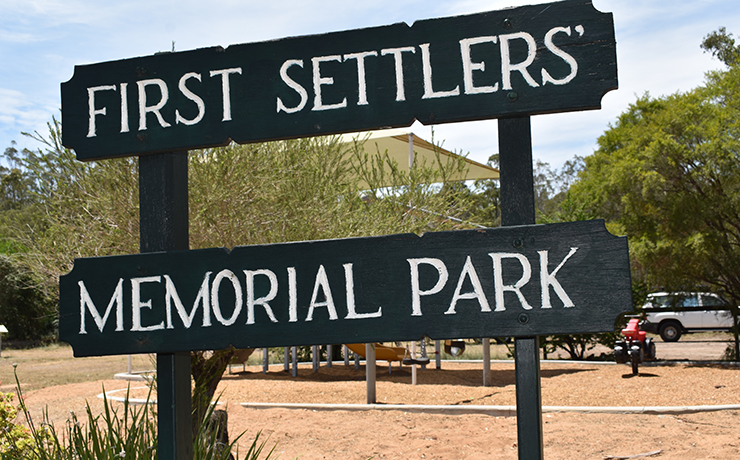
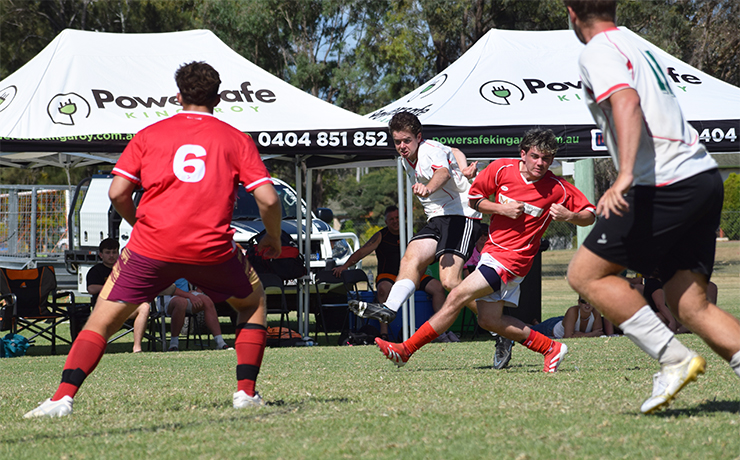


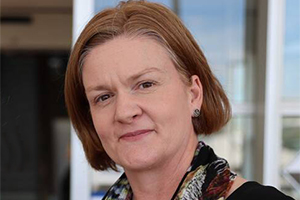


A fairer local government system would be that councillors are not required to work full time, rather free to continue working in their own businesses “guilt free” and developing careers and skills that create better local government decisions overall. Working full time is just one option. Having an external income from your farm and a pay from Council in the same week reflects society more broadly.
Local government in the days before full-time, paid Councillors often achieved far more for smaller councils than less, as staff could focus on what they were employed to do and be accountable to the councillors when they met monthly.
Inherited wealth or comfortable wealth generated from a life before Council shouldn’t set the bar for all other councillors coming from different backgrounds.
All councillors and council staff are people with families and goals and shouldn’t be guilted for providing fairly for their families.
Diversity of voices and freedom to work the hours that deliver the best strategic outcomes has to be a better use of elected members. After all, donations are tax deductible as is mileage on your vehicle for work purposes if you want to take advantage of the Australian taxation laws.
Take the pay rise and don’t look back. Honestly I wouldn’t do what our Councillors do for what they get paid. The scrutiny and constant battle with the public etc.
If you want monkeys, pay peanuts !